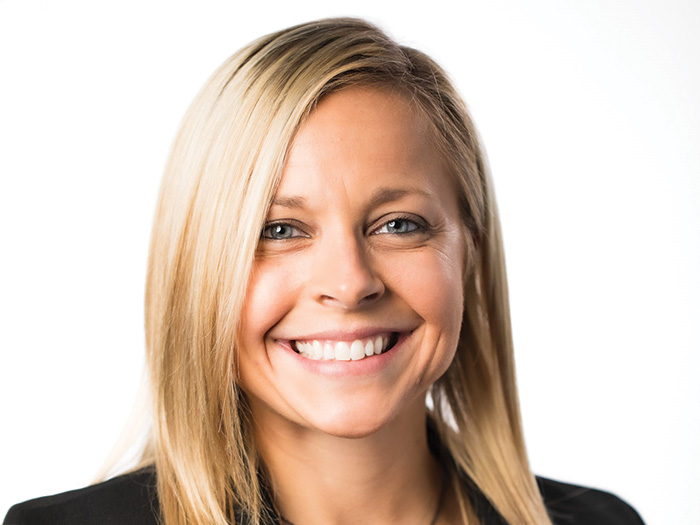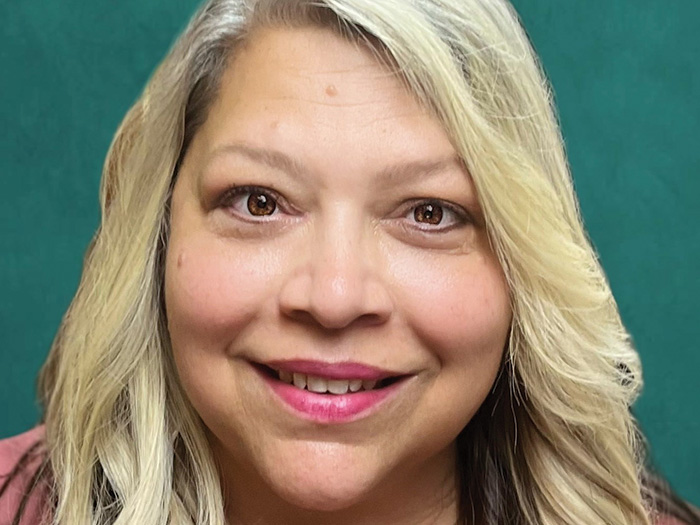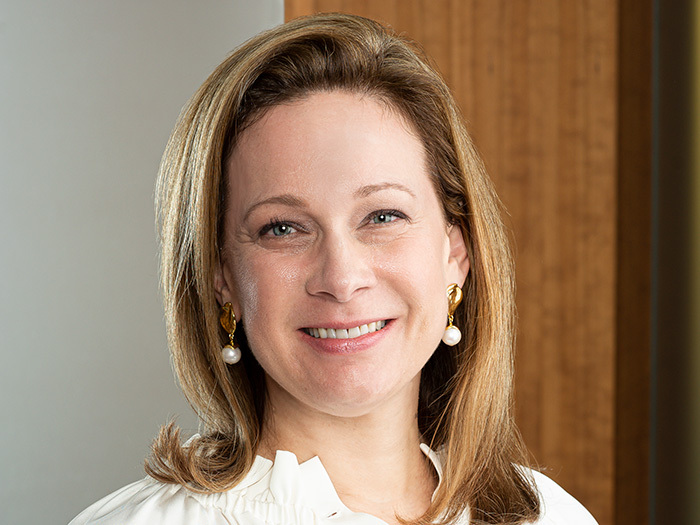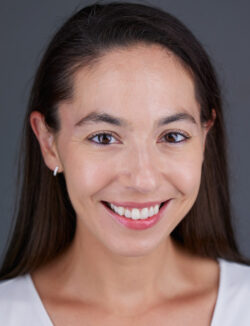Risk Insider: Jack Hampton
Higher Education Risk Managers Push for a Broader Role
The first manned hot-air balloon flight took place in France in 1793. The first successful airplane flight took place 110 years later in Kitty Hawk, North Carolina. Flying was changed forever. Similar historical advances include the light bulb and the automobile.
We identify these breakthroughs with Orville and Wilbur Wright, Thomas Edison, and Henry Ford.
Silly us. The Wright Brothers were first to make a controlled flight with a powered aircraft, but most of us don’t know Humphry Davy and Karl Benz respectively made the first light bulb and automobile.
Breakthrough innovation, and the risk that accompanies it, occurs almost daily today. Witness Microsoft, Apple, Google, not to mention Amazon, Facebook, Netflix, and Twitter.
Aside from who gets credit, the pace of change in technology, health care, sustainable energy, and information processing is staggering.
One area is lagging badly in responding to new risks. Too many colleges and universities are not making desperately needed changes. Maybe their risk managers can help.
First, a little background. More than 2,000 risk managers regularly discuss risks confronting U.S. higher education. They participate in activities of the Risk and Insurance Management Society (RIMS) and University Risk Management and Insurance Association (URMIA).
URMIA members need to pick up the pace in encouraging and helping administrators and professors to deal with the threat of a new model of student-centered higher education.
The challenge to the URMIA risk manager is, “Are you doing enough to help your institution make critical changes demanded by parents, students, legislatures, taxpayers, and others?
A review of URMIA activities provides a two-part answer.
- URMIA members focus on emergency management, reputational risk, insurance coverage and claims, sexual assault response, cyber security, natural disasters, international travel, and similar issues. They parallel the behavior of RIMS members in areas of hazard and operational risk.
- URMIA members need to pick up the pace in encouraging and helping administrators and professors to deal with the threat of a new model of student-centered higher education.
Consisting of flexible locations and schedules, learning with peers, and integrating career skills, the emerging model has considerable financial and other support:
- Technology. Google, Pearson, the Khan Academy, and others are producing excellent in-person classroom and distance-learning based materials.
- Serious Players. Respected institutions, such as Stanford, Harvard, MIT, and the Universities of California, Texas, and Pennsylvania, are in the game.
- Funding. The Bill & Melinda Gates, McArthur, and National Science foundations, American Council on Education, and others provide financing.
To make the case for reform, risk managers have allies:
- Chris Mandel at the Sedgwick Institute, Michael Liebowitz at New York University, Janice Abraham at United Educators and others have long track records advocating an ERM approach to risk management.
- URMIA’s Lou Drapeau reports that the organization is discussing how to better support members when addressing new exposures from the culture and operation of higher education.
Arguably, many of today’s colleges and universities have an excellent hot-air balloon approach to pursuing their mission. Although students learn important lessons while drifting with wind currents, the knowledge alone may not be valuable enough to guarantee survival for many schools whose students need jobs after graduation to pay off student loans.
We should listen to Mandel, Liebowitz, Abraham, and Drapeau, who may be the “Right Brothers” advocating an imperative to fly better.
It does not matter that we will forget their names in a few years.










